Understanding Sexually Transmitted Infections (STIs)
Before we delve into the role of vaccines in preventing certain sexually transmitted infections, let's first understand what STIs are. Sexually transmitted infections (STIs) are infections that are spread primarily through intimate contact, including sexual intercourse. These infections can be caused by bacteria, viruses or parasites, and can have serious consequences on an individual's overall health. Some common STIs include human papillomavirus (HPV), herpes, syphilis, and chlamydia.
It is essential to be aware of the risks associated with STIs and take necessary precautions to protect ourselves and our partners. One such preventive measure is vaccination. In this article, we will discuss the role of vaccines in preventing certain sexually transmitted infections, and how they contribute towards maintaining a healthy and responsible sexual lifestyle.
The Human Papillomavirus (HPV) Vaccine
Human papillomavirus (HPV) is the most common STI, affecting millions of people worldwide. There are over 100 different types of HPV, some of which can cause genital warts, while others can lead to various types of cancer, such as cervical, anal, and throat cancer.
The HPV vaccine is a significant breakthrough in preventing HPV-related diseases. It is currently available in two forms: Gardasil and Cervarix. Both vaccines protect against the two most common types of HPV that cause cervical cancer, while Gardasil also offers protection against two other types that cause genital warts. The HPV vaccine is recommended for both males and females and is most effective when administered before becoming sexually active.
Hepatitis B Vaccine
Hepatitis B is a viral infection that affects the liver and can be transmitted through sexual contact, as well as through contaminated needles or contact with infected blood. Chronic hepatitis B can lead to severe liver damage, including cirrhosis and liver cancer.
Fortunately, the hepatitis B vaccine provides excellent protection against this infection. It is usually given in a series of three or four shots over six months and is recommended for all infants, as well as unvaccinated adolescents and adults who are at risk of contracting hepatitis B. This includes people who engage in unprotected sex with multiple partners or have a partner who is infected with hepatitis B.
The Future of STI Vaccines: Herpes and HIV
While there are currently no vaccines available for herpes or HIV, researchers are working diligently to develop them. Both of these viruses are widespread and carry significant health risks, making the development of effective vaccines a global health priority.
There have been promising advances in herpes vaccine research, with several candidates in various stages of development. Similarly, HIV vaccine research has made significant strides, but developing an effective vaccine remains a complex challenge due to the virus's ability to mutate and evade the immune system. Nonetheless, the scientific community remains committed to finding a solution to protect people from these life-altering infections.
Preventing STIs Through Safe Sex Practices
While vaccines play a crucial role in preventing certain sexually transmitted infections, it is essential to remember that not all STIs have vaccines available. Therefore, practicing safe sex is still the most effective way to protect yourself and your partner from STIs. This includes using condoms consistently and correctly, limiting the number of sexual partners, and getting regularly tested for STIs, especially if engaging in unprotected sex.
Additionally, it is crucial to have open and honest conversations about sexual health with your partner(s) to ensure that both parties are aware of each other's STI status and can take appropriate precautions.
Importance of STI Screening and Early Detection
Many sexually transmitted infections may not have obvious symptoms, which is why regular STI screening is vital for sexually active individuals. Early detection of STIs can help prevent complications, such as infertility, and reduce the risk of transmitting the infection to others.
Discuss your sexual history and potential risk factors with your healthcare provider, who can recommend the appropriate STI tests and frequency of screening. Remember that taking care of your sexual health is not only important for your well-being but also for the health of your partner(s).
Conclusion
In conclusion, vaccines play a vital role in preventing certain sexually transmitted infections, such as HPV and hepatitis B. They contribute significantly to reducing the burden of these infections on individuals and society as a whole. However, it is essential to remember that vaccines are not available for all STIs, making safe sex practices and regular STI screenings crucial components of maintaining good sexual health. By taking these precautions and staying informed about the latest developments in STI prevention, we can work together to create a healthier, more responsible sexual culture for all.

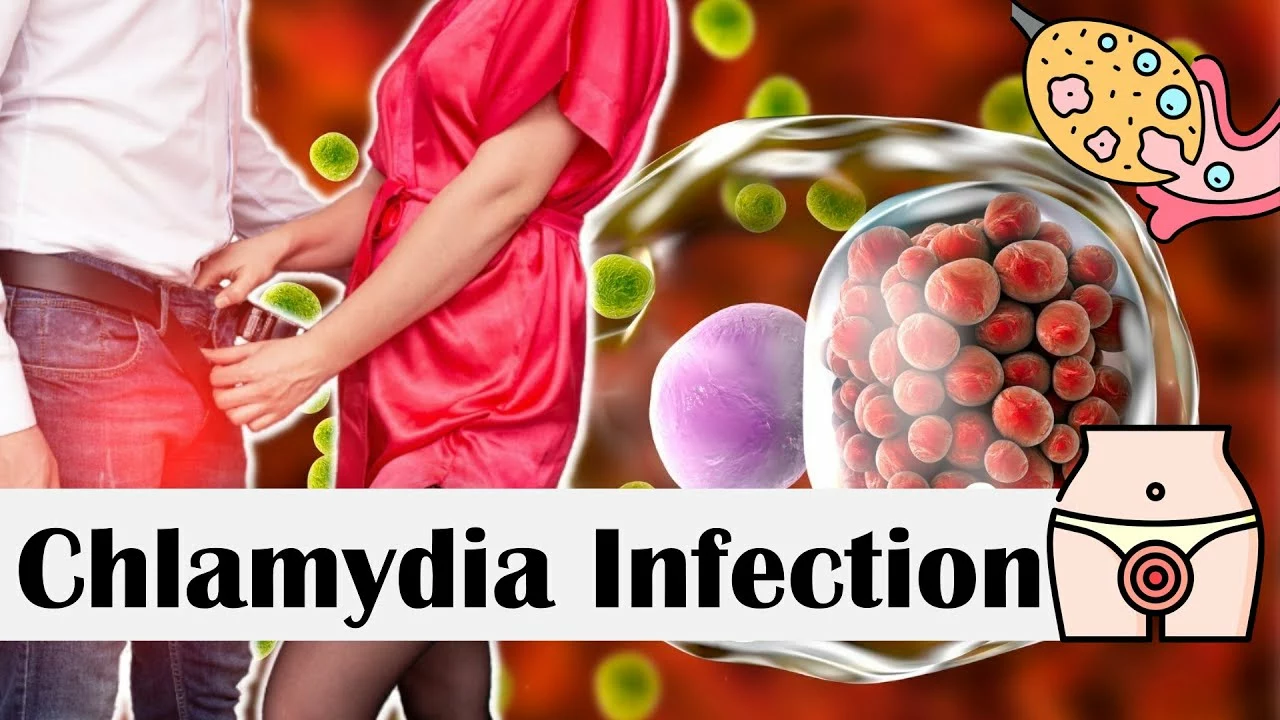
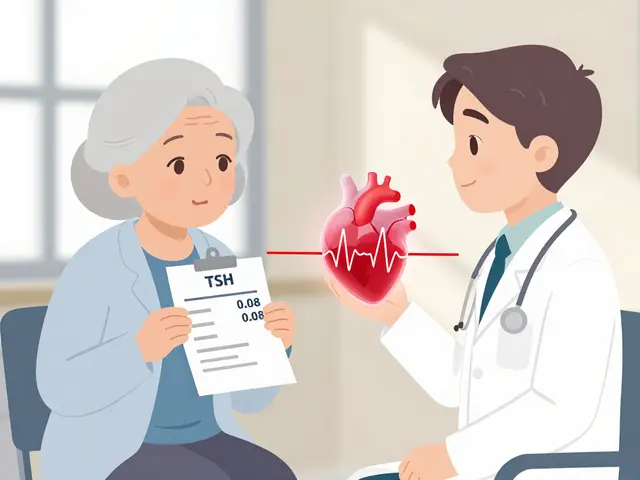

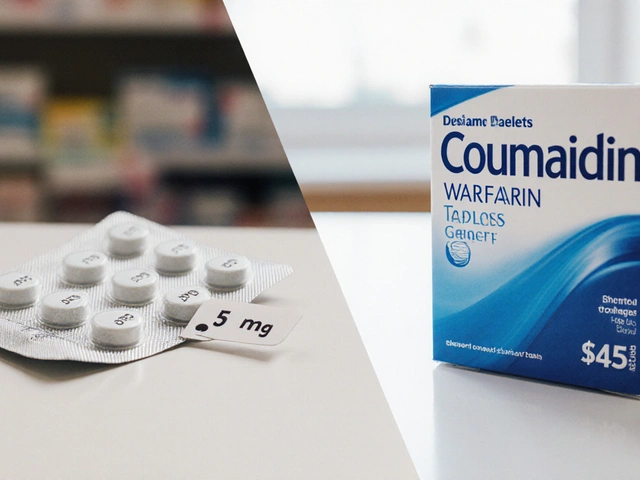
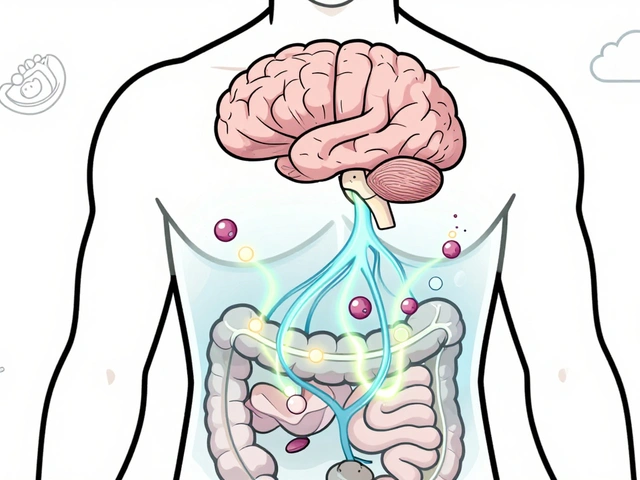
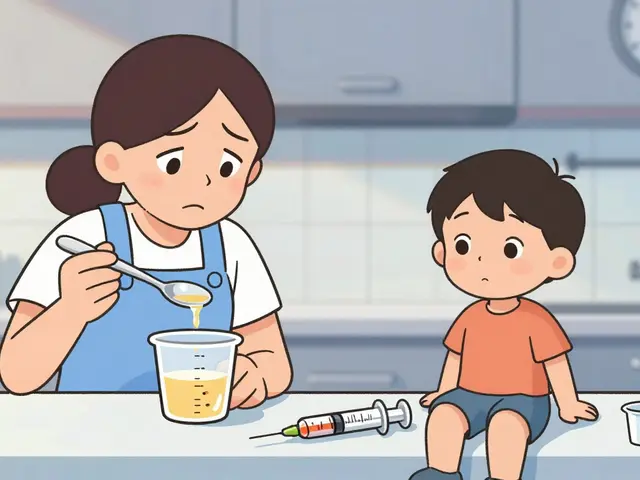
June 2, 2023 AT 03:06
It is a profound moral imperative that we, as a civilized society, embrace the scientific triumphs of vaccination when confronting sexually transmitted infections. The very existence of HPV and hepatitis B vaccines stands as a testament to humanity's capacity to outwit disease through collective responsibility. Yet many still cling to antiquated misconceptions, refusing to recognize that personal liberty must be balanced against public health. By neglecting vaccination, individuals not only jeopardize their own wellbeing but also betray a duty to protect vulnerable partners. The logic is simple: a shot in the arm today averts endless suffering tomorrow. Moreover, the widespread dissemination of misinformation corrodes the fabric of informed consent. When we argue that vaccines are optional, we ignore the cascading socioeconomic costs of untreated infections. Cervical cancer, for instance, claims countless lives that could have been spared through a three‑dose regimen. Hepatitis B, left unchecked, inexorably leads to cirrhosis, liver failure, and premature death. The argument that “it won’t happen to me” is a hollow shield against an indiscriminate pathogen. Vaccination campaigns must therefore be championed with the fervor of a public health crusade. Schools, workplaces, and community centers should adopt mandatory immunization policies, not as authoritarian overreach but as enlightened stewardship. The ethical calculus demands that we prioritize the common good over individual stubbornness. In the same vein, safe‑sex practices remain indispensable; vaccines are not a panacea for every STI. Condoms, regular testing, and open dialogue form the complementary pillars of a responsible sexual ethic. Let us, therefore, celebrate the victories of modern medicine while remaining vigilant against complacency. The future of sexual health hinges on our willingness to act now, informed and united, rather than later, lamenting avoidable loss.